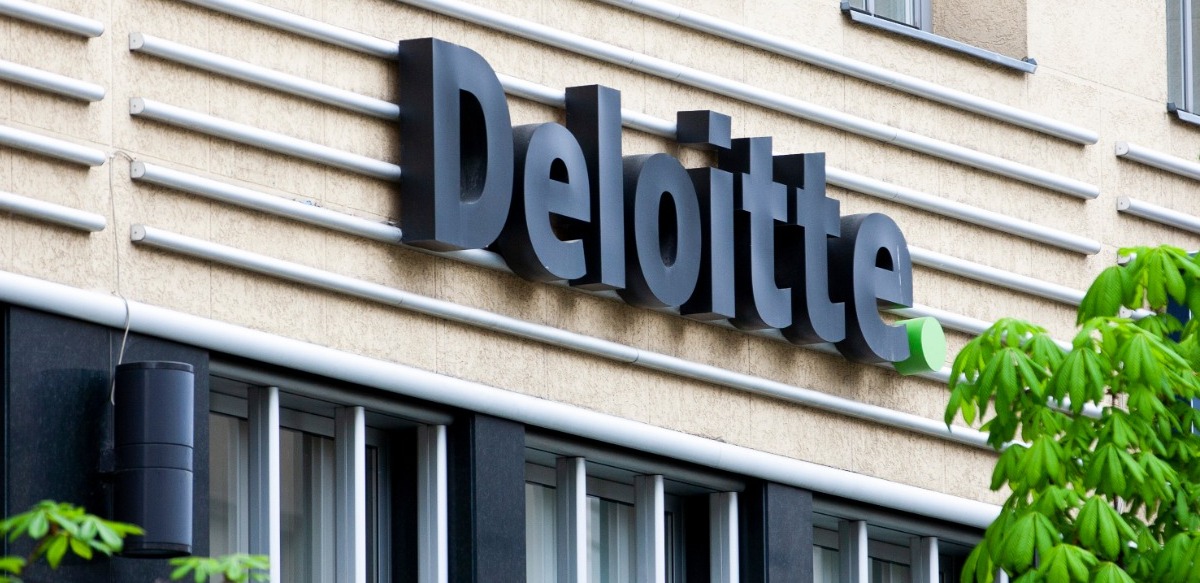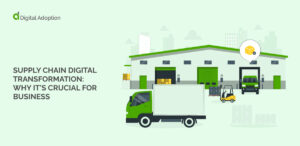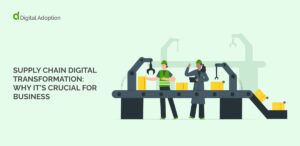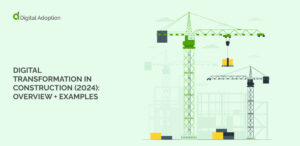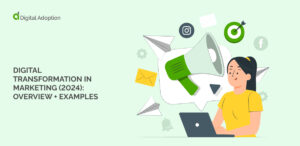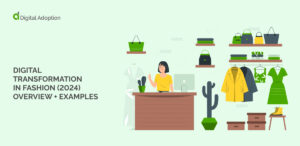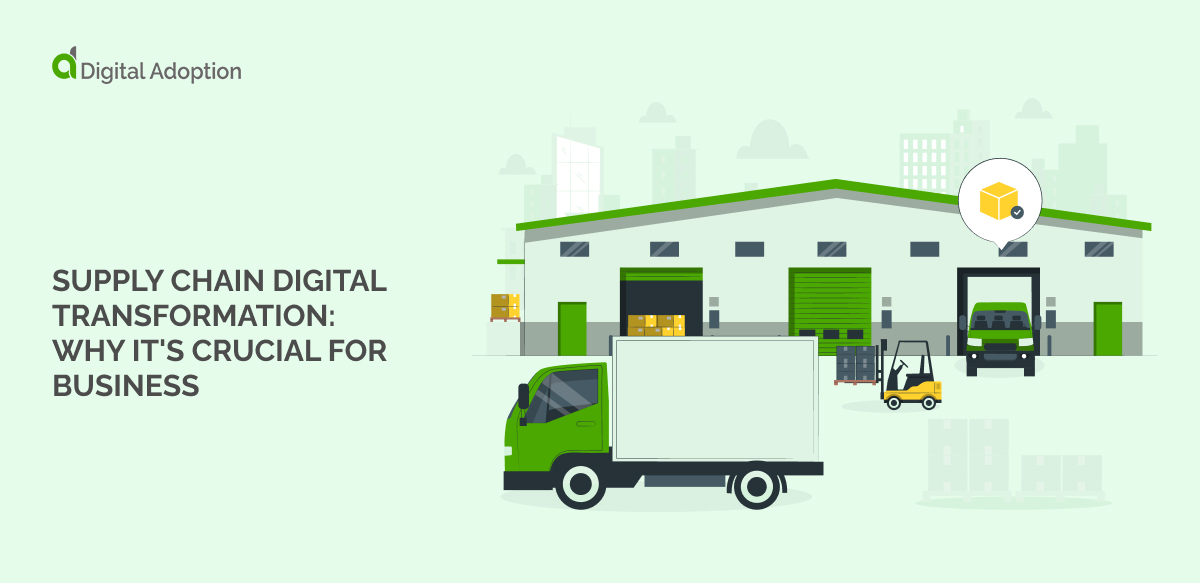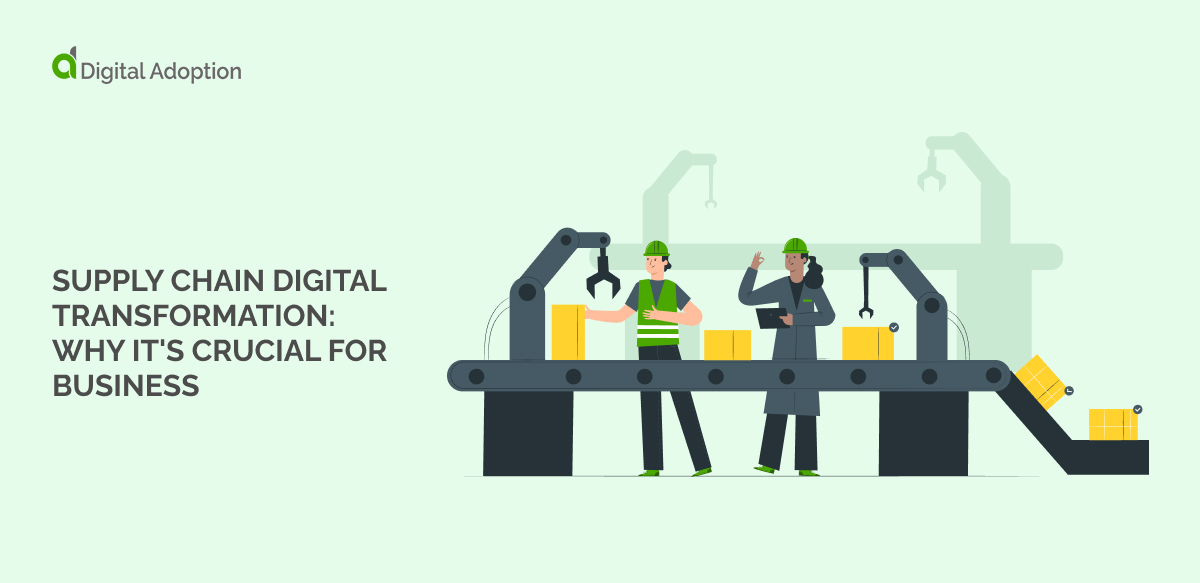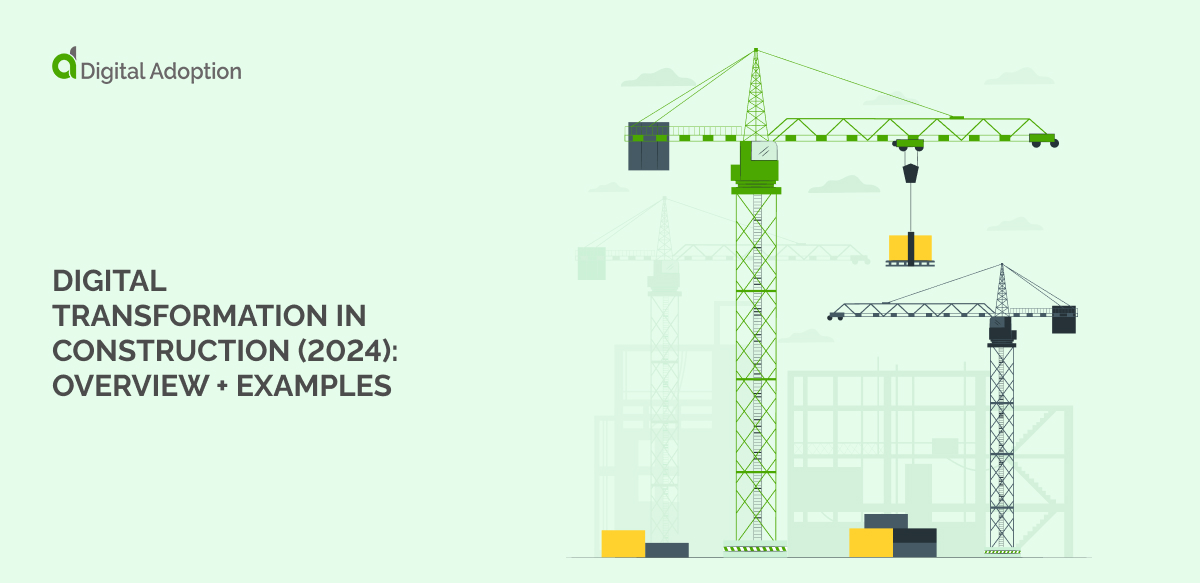In this article, we’ll analyze insights from Deloitte: future of work, digital transformation, COVID-19, and more.
As readers are almost certainly aware, Deloitte is one of the world’s leading consulting firms, and their insights cover a wide range of topics, including:
- Human capital
- Innovation
- Digital transformation
- Strategy
Since the world of work is changing so rapidly, it should come as no surprise that they also cover the future of work.
Let’s look at a few of their insights now.
Deloitte: Future of Work Insights, Research, and Forecasts
Here are a few of the major trends and ideas that Deloitte focuses on when it comes to the future of work:
Work, the Workforce, and the Workplace
Naturally, in order to better understand and prepare for the future of work, we must clearly define what we mean by the phrase.
Deloitte offers a useful triad that encompasses:
- Work. In the coming years, automation, AI, robotics, and other trends will significantly alter the workplace. To accommodate such trends, employers must train employees and cultivate corporate cultures that are built around digital technology.
- Workforce. Workforce compositions will evolve to include more remote workers, gig workers, and managed services. The new shape of the workforce will offer a number of benefits, such as increased flexibility and productivity. But it will also present challenges for companies that need to maintain a cohesive corporate culture.
- Workplace. New technologies will enable new ways of working and collaborating, which will affect team dynamics, work practices, and more. The digital workplace will involve more remote working and more technology, for instance, which will lead to a redefinition of the very meaning of the term “workplace.”
These three pillars can prove very useful when constructing a plan for the future of work, which may look very different from the current state of the work world.
Rewriting the Social Contract
One idea put forth by Deloitte is that the social contract between organizations and individuals will be rewritten.
In the past, the consultancy claims, technological advance and human concerns were at odds – at least, that’s how many business leaders viewed the relationship between their workers and technology.
Deloitte suggests otherwise, however.
Instead, they say that human concerns are integral to capturing value from technology.
To prepare for the future of work:
- Organizations should add meaning to employees’ jobs by drawing connections between employees and the value that their work brings
- Focusing on employee well-being can improve the workplace and improve employee performance
- Data-driven approaches can help managers better understand the needs of tomorrow’s multi-generational, diverse workforce
- Machines should not be viewed as substitutes for humans – instead, they must be integrated as closely as possible
- Reskilling is necessary, but it is important to look beyond reskilling and build a workforce that is resilient and adaptable
- Compensation philosophies should also incorporate other forms of value beyond market value, such as purpose, fairness, and collaboration
- Redefining the questions used to gain workforce insights can help companies gain a better understanding of their governance and processes
- Business decisions should be evaluated in terms of their ethical impacts, especially for industries that rely heavily on gig workers
- HR should adopt more responsibility in order to help the workforce adapt to the fast-changing workplace
The COVID-19 pandemic has been called an accelerator of change, which means that enterprises must keep up with that change in order to stay relevant in the post-COVID era. The activities covered above will go a long way towards improving employee engagement, productivity, and performance.
Workforce Change Accelerated
Lessons can be learned from the COVID-19 pandemic’s impact on the workforce, Deloitte claims.
Since the pandemic has fueled so many rapid changes in so many areas, it is useful to examine how some of the world’s leading companies have adapted.
Here are a few workplace trends that Deloitte has noticed:
- Collaboration is needed to minimize disruption that occurs from the attachment to physical assets
- The adoption of virtual tools has been the driver of change, not the investment in those tools
- Employee wellness and engagement have become leading priorities
- Organizational agility has become central in reducing the impact of disruption
- Remote working has, overall, improved individual employees’ productivity
The COVID-19 crisis will undoubtedly leave a lasting mark on the workplace and the workforce, which is why companies should seriously consider adopting some of the changes listed here.
The Shifting Role of Technology
Like many other business consultancies, Deloitte has pointed out that technology plays a pivotal role in the evolution of work.
When examining the future of work in the technology sector, they say it is useful to look at four major shifts:
- From operator to business cocreator
- From service delivery to value delivery
- From cost center to revenue engine
- From cybersecurity to risk and resilience
Like HR, IT is evolving.
When planning for the future of work, therefore, it is important to understand the changing role of these departments and allocate responsibilities accordingly.

